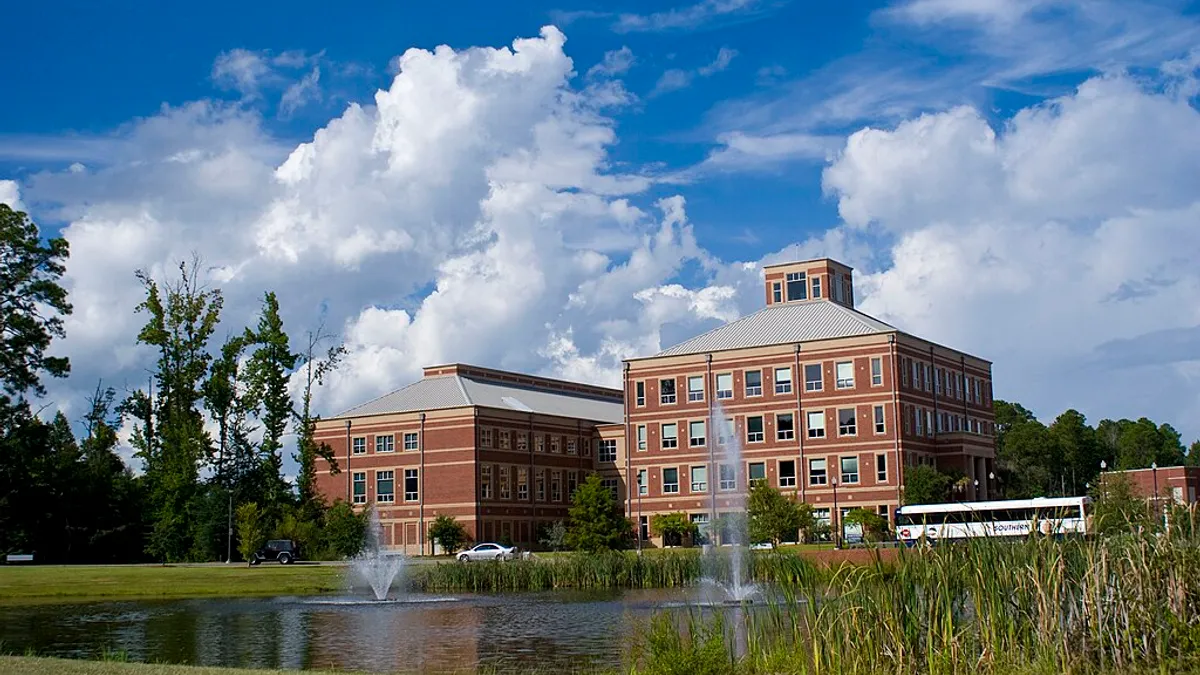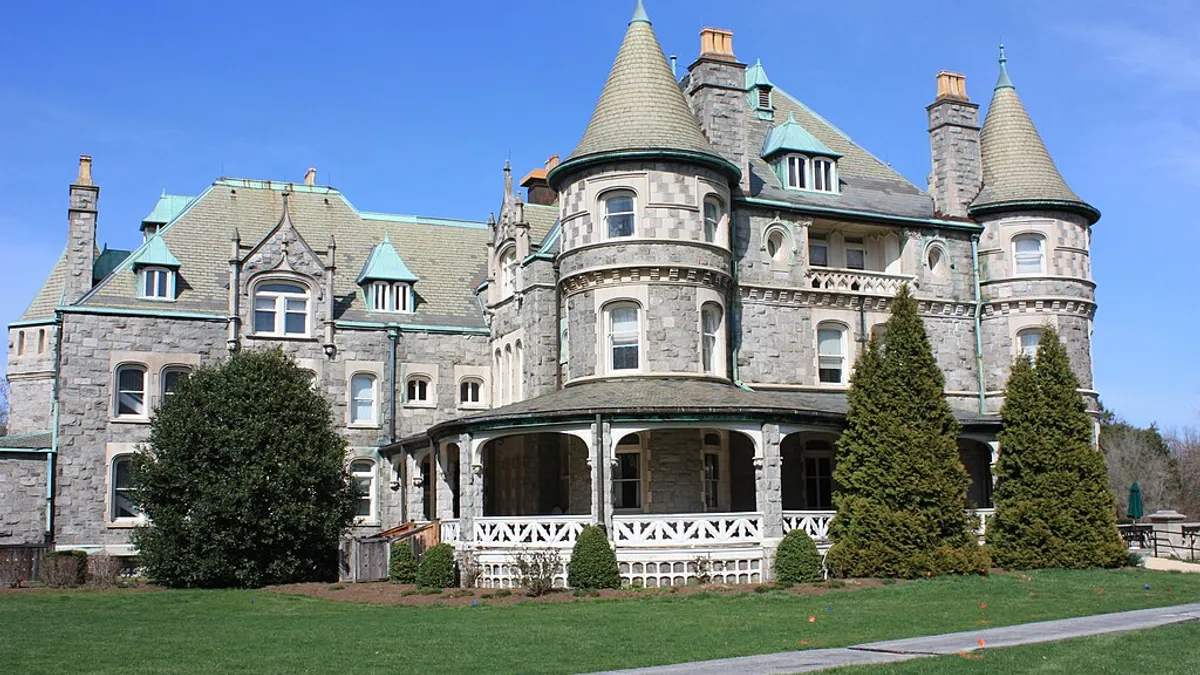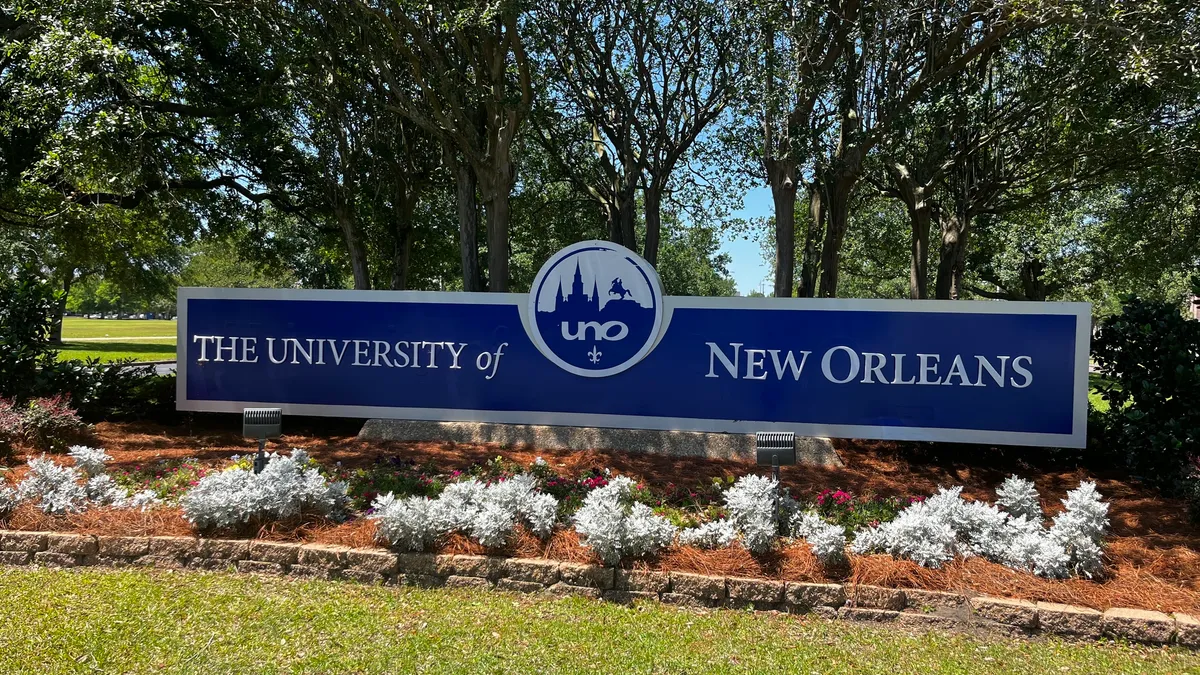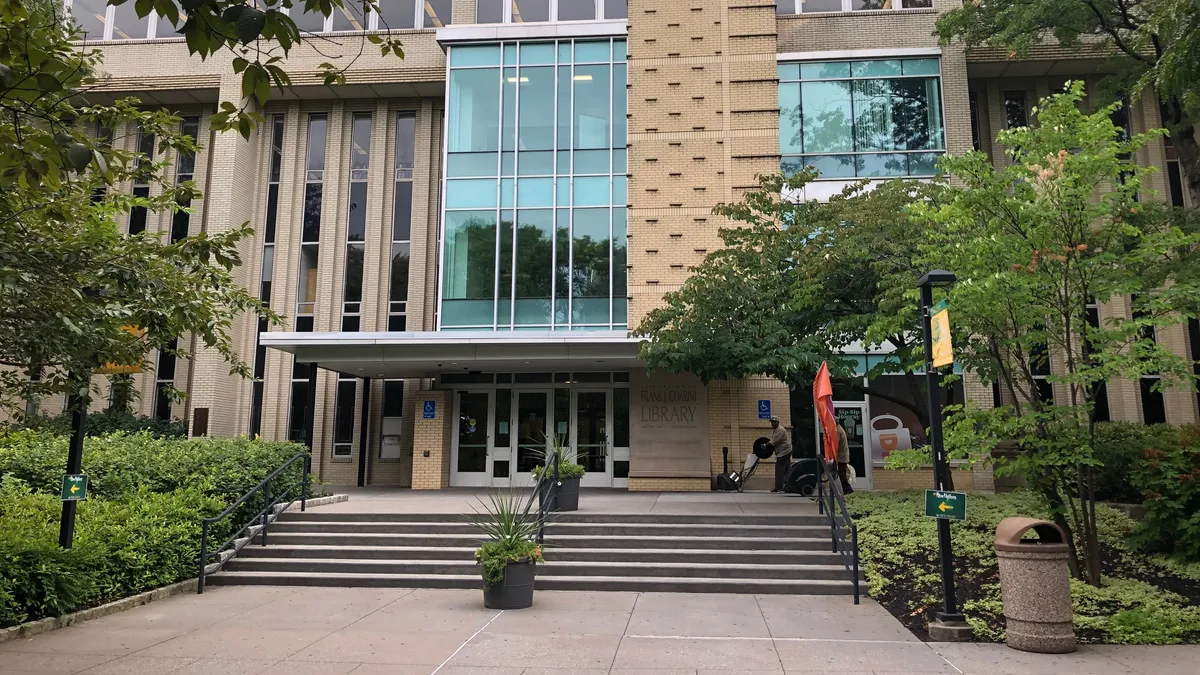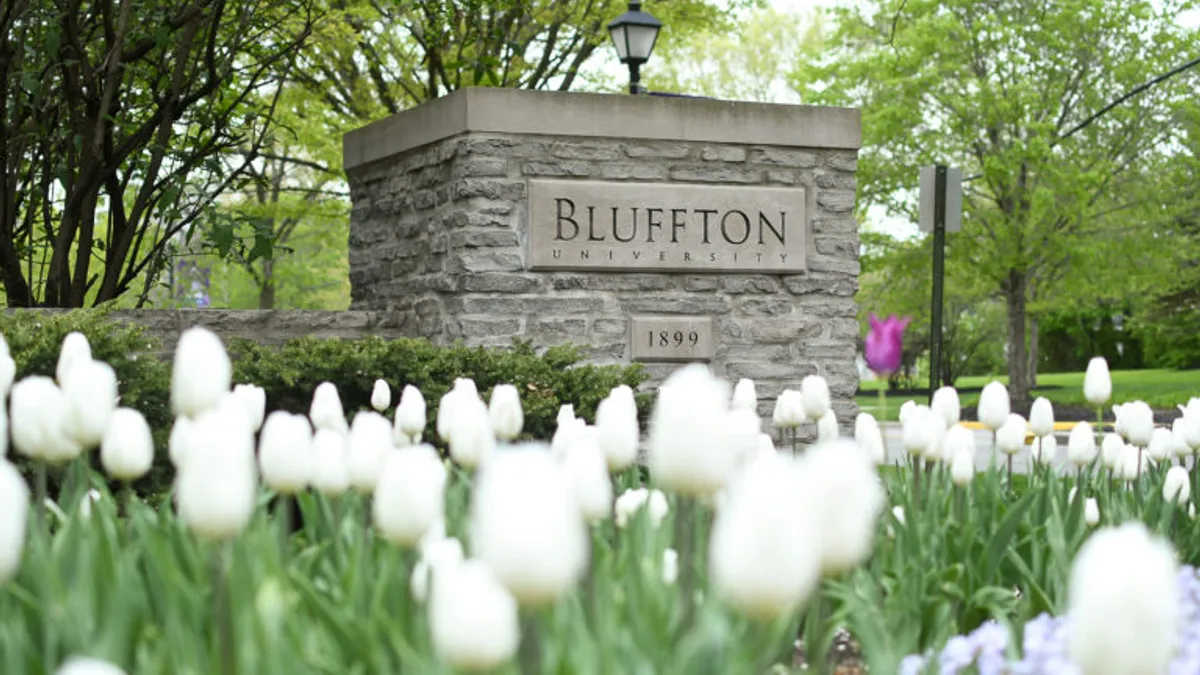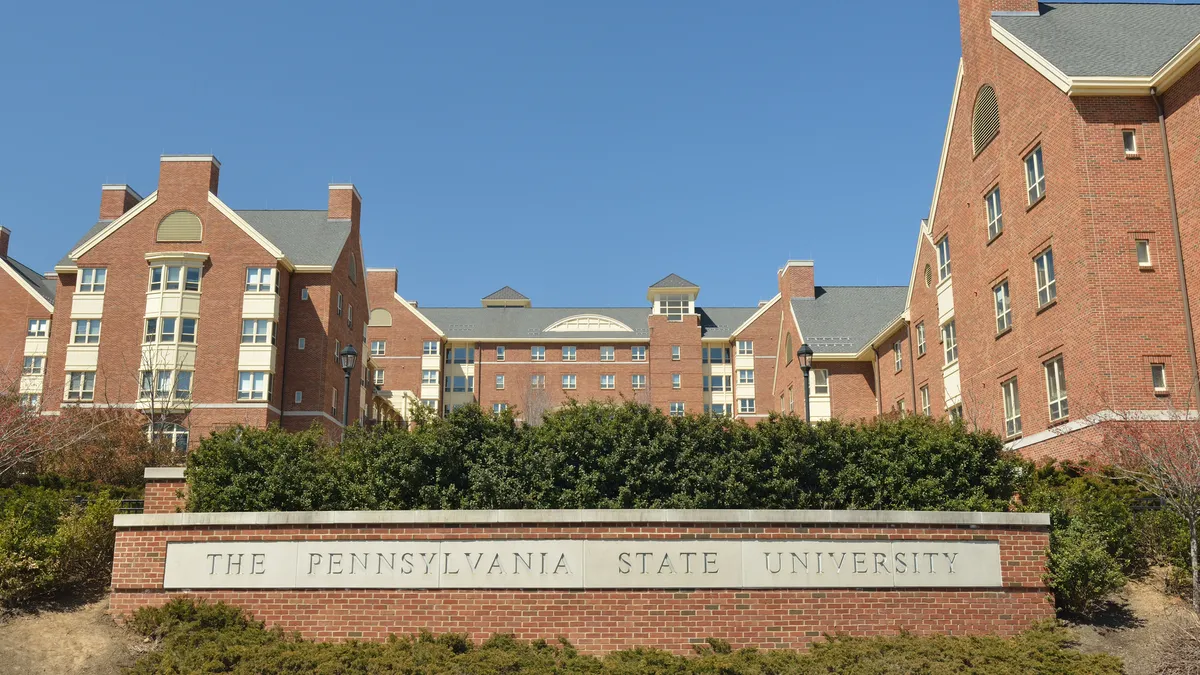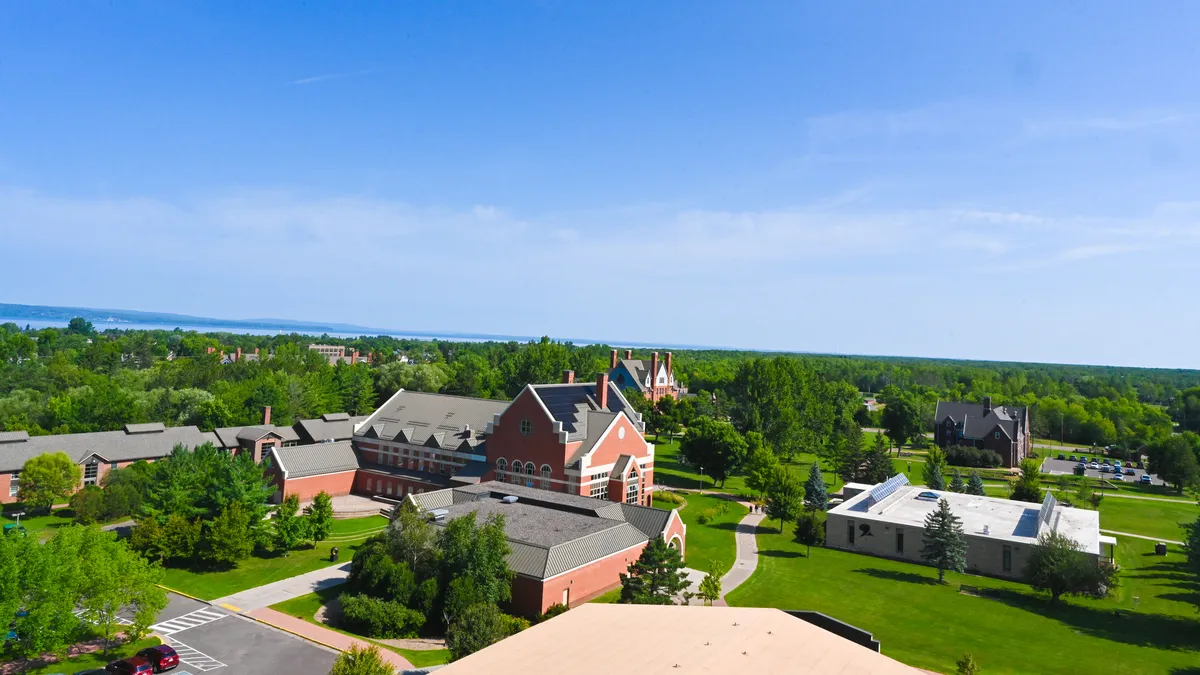Dozens of nonprofit colleges have closed in recent years, most often citing declining enrollment and financial distress. And financial analysts predict that private regional colleges will increasingly be required to go head-to-head with public institutions for students and resources.
Amid these headwinds, more college leaders are considering a merger or acquisition and looking for guidance from institutions that have come out the other side of such deals.
Mark La Branche oversaw Martin Methodist College's transition to becoming the University of Tennessee Southern, as the formerly private institution joined the University of Tennessee System in 2021. La Branche shared his experience and those of six other college presidents who led their institutions through consolidation in the anthology “Inside College Mergers,” which he edited.
Mablene Krueger, former president of Robert Morris University Illinois and one of the book's contributors, guided her institution's path to become part of Roosevelt University in 2020.
La Branche and Krueger spoke with Higher Ed Dive about determining if a merger is the right move, introducing the idea to stakeholders and trying to maintain an institution's legacy.
This interview has been edited for length and clarity.
HIGHER ED DIVE: When should college leaders begin considering if a merger or acquisition is right for their institution?
La Branche: The time to think about doing that is not when you're failing. Mergers and acquisitions are not a solution for everyone. But we all need to do more than maintain if we're really going to meet the needs of the worlds that we serve.
Krueger: Unfortunately, there are some colleges whose strategic financial plan is living through their endowment for X amount of time. It's not sustainable.
La Branche: Right, I feel very strongly about this. There are colleges out there who say, “We made it through another year, we're sustainable.”
Really? How are you handling your deferred maintenance? Has the quality of your program offerings kept pace? When was the last time your employees got a raise? You're not sustainable if you're not able to keep your employees at the cost of living. We all need to do more than maintain if we're really going to meet the needs of the communities that we serve.
Krueger: This isn't a quick decision. If you're going to do this, it has to be with the right partner and you have to know them intimately.
I went to every board meeting at Roosevelt University, after we entered the dialogue phase and signed a nondisclosure agreement. I got involved. Being the acquired institution, I wanted to be in that driver's seat as much as I could.
How can colleges signal they would be a good merger partner?
Krueger: You have to know your value proposition. Higher education is a wonderful business, there's none better. But it is a business.
Robert Morris was a commuter institution, and our mission was about serving the students of Chicago who needed to stay local and get a job. Roosevelt didn't have that market, so we could show that we were a good proposition for them, for this and other reasons.
La Branche: We were able to show the University of Tennessee that they were losing students to Alabama. Martin Methodist was in an area of Tennessee that had no public university option for 80 miles. Students are more likely to stay close to home than they were in the past, and they weren't going to travel that distance, so they went south instead.
The president of the University of Tennessee prioritized the system's land grant institution mission at a time when our flagship universities are honestly becoming elite institutions. If it weren't for his passion, our deal may not have happened.
A merger can be a very upsetting idea for employees. What do administrators need to do before introducing the possibility?
La Branche: You've really got to have a strong communications plan, and you've got to have a great deal of compassion for people because you're in a liminal space for a long period of time. It's important to anticipate potential questions from employees and make it clear you're not trying to hide anything from them, but you may not know all the answers.
Krueger: In my case, it probably helped that I had been at my university for 40 years. Over that time, I'd gone from the youngest person there to one of the oldest, and I hired pretty much everybody.
While it is important to be transparent, that doesn't mean tell everything you know immediately — because you can't. The hardest part of this whole thing for me was not talking about it to, say, my deans.
Martin Methodist got more than its name — it went from being a private college to a state university. As its leader, what was challenging about that transition?
La Branche: It was a big cultural change. When you're the president of a small private, you're able to speak on issues more openly, everything from sexuality to hate speech. In COVID, you made the rules for your campus.
Then, suddenly, you're a chancellor at a state institution. There's almost a sense of, "Keep your mouth shut." [laughs] I mean, they don't say that to you. But the reality is our decisions could become fights in the state capitol, like whether or not we could require students to wear masks.
The benefits still outweighed that drawback, though. For example, our employees are getting raises every year now.
In a merger or acquisition, there are often worries about a loss of institutional identity. Did you struggle when integrating two communities?
Krueger: At Robert Morris, our date of acquisition by Roosevelt was March 9, 2020. We had this date queued up for 18 months. And then a week later, everything in Chicago was shut down [by COVID].
In hindsight, I really think that helped the students, faculty and staff become more of one collective. Because everyone was virtual, there was no sense of one group "taking over" another's space.
How can presidents work to preserve their college's legacy post-merger?
La Branche: We were able to set aside parts of Martin Methodist's endowment to maintain programs that were important to us, like a rural leadership institute focused on the social and health needs of our community. That endowment funding is secured and can't really be spent for anything else.
We were also given the opportunity to name various schools and buildings after our founder.








